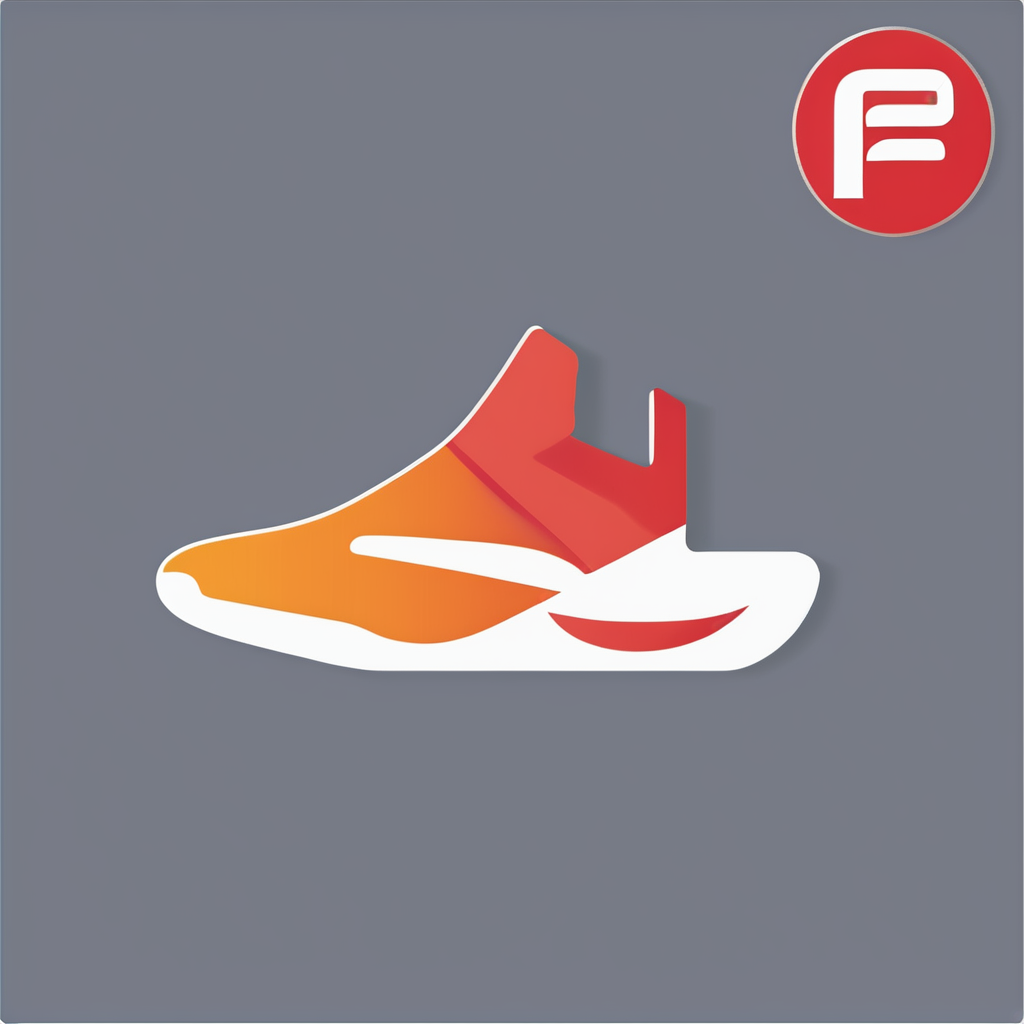Key Challenges Affecting Female Athletes in UK Alternative Sports
Exploring barriers in UK non-mainstream sports
Female athletes in the UK face significant challenges when participating in alternative sports. One of the core barriers is discrimination, which often intersects with persistent gender stereotypes that influence perceptions of female capabilities. This leads to a lack of visibility and role models, further limiting motivation and opportunities for women in these sports.
Also read : What Are the Hidden Challenges in Less Recognized UK Sports?
Financial limitations present another major obstacle. Funding disparities are common, with female athletes in alternative sports receiving less financial support compared to their male counterparts. Sponsorship difficulties compound this issue, restricting access to quality training and competition exposure.
Additionally, social and institutional hurdles substantially impact progress. Female athletes encounter restricted access to facilities often geared towards mainstream sports focused primarily on men. Support from governing bodies can be inconsistent, with fewer policies promoting inclusivity and development for women in the UK non-mainstream sports scene.
Also read : How are alternative sports impacting cultural diversity in the UK sports scene?
Addressing these challenges requires targeted measures to dismantle stereotypes, increase funding, and improve institutional backing—ensuring equitable growth and opportunity within all levels of alternative sports.
Representation and Media Coverage
Small text
Gender representation in sports media remains a pressing issue, particularly regarding female athlete media coverage in alternative sports visibility. Studies consistently reveal that female athletes receive disproportionately less media attention, especially in alternative sports like skateboarding, roller derby, and BMX. This underrepresentation limits public awareness, reducing opportunities for sponsorships and professional growth.
For instance, in skateboarding, male athletes dominate headlines, while women’s competitions are rarely showcased. Similarly, roller derby, a predominantly female sport, struggles to break into mainstream media, hindering its growth and athlete recognition. BMX also exhibits this imbalance, with female riders receiving far less broadcast time compared to their male counterparts.
This lack of visibility not only affects individual athletes’ careers but also reinforces traditional gender norms in sports. Addressing this disparity requires intentional media efforts to highlight female athletes in alternative sports. Doing so can foster greater inclusivity, inspire future participants, and elevate the sports’ profiles. Ultimately, increasing female athlete media presence in alternative sports is essential for equitable representation and expanding the sports landscape.
Financial Inequities and Sponsorship Gaps
Understanding the obstacles women athletes face
Women in sports frequently encounter financial barriers that stem largely from sports funding disparities and sponsorship inequalities. Unlike many male athletes, women competing in non-mainstream sports often struggle to secure adequate funding, which limits access to quality training, facilities, and competition opportunities.
The scarcity of commercial sponsorships targeting female athletes exacerbates these challenges. Sponsors tend to favour men’s sports due to greater media exposure and established fan bases, leaving women with significantly less financial support. This gap not only restricts individual athletes’ career development but also hinders the overall growth of women’s sports across diverse disciplines.
Such funding imbalances create a cycle that diminishes visibility and investment in women’s sports. Without equitable sponsorship, talented athletes may abandon their careers prematurely or fail to reach their full potential. Addressing these financial inequities requires concerted efforts to promote inclusive funding policies and encourage sponsors to recognize the value and marketability of women’s sports. This can help level the playing field, empowering athletes and inspiring future generations.
Social and Cultural Barriers
Gender norms significantly influence the participation of women in sport UK, often reinforcing stereotypes that frame alternative sports as unsuitable for females. These stereotypes can discourage girls and women from engaging, impacting recruitment and retention rates in activities outside mainstream sports. For example, sports like skateboarding or rugby may be perceived as too aggressive or physically demanding, creating cultural obstacles that limit accessibility.
Social acceptance plays a crucial role in overcoming these barriers. When communities and institutions openly support women in alternative sports, it fosters a more welcoming atmosphere. Creating inclusive environments involves dismantling outdated beliefs and actively promoting women’s capabilities in diverse athletic fields. Grassroots support is essential; local clubs and schools can implement programmes that encourage girls to try various sports without fear of judgment.
Addressing gender norms requires a sustained effort to change perceptions and policies. Encouraging role models and visible success stories can challenge stereotypes. Increasing social acceptance and providing positive experiences are vital steps toward expanding women’s full participation and enjoyment in sport UK.
Access to Facilities and Institutional Support
Access to sports facilities is pivotal for developing athletes, yet many women in the UK face inequitable access to appropriate training venues. This disparity often limits their ability to train consistently and compete at higher levels. Beyond mere availability, the quality and suitability of facilities for women’s sports remain an ongoing challenge.
Institutional support also reflects this imbalance. There are relatively few initiatives specifically designed to promote women in alternative sports, leaving gaps in coaching, funding, and access to resources. Such limitations slow progress toward gender equity in the sporting landscape.
However, advocacy groups and some institutions have actively pushed for reforms, resulting in breakthrough programs that target increased sports facilities access for women. These efforts aim to create environments that foster skill development and competitive opportunity fairly across genders. Increased visibility and better resourcing of women’s sports infrastructure in the UK signal positive change but require sustained commitment.
Addressing these issues requires continued collaboration between sports bodies, government policies, and community stakeholders to ensure every female athlete can benefit from equal access and meaningful institutional support.
Addressing Discrimination and Promoting Change
Gender-based discrimination in sports persists, but anti-discrimination in sports initiatives work to dismantle these barriers. In the UK, advocacy for women athletes has gained momentum, championing equality and fair treatment. Organisations actively push for reforms that ensure participation and recognition for female athletes on equal terms.
Policy changes play a crucial role in this progress. Governing bodies have introduced regulations that address pay disparities, access to training facilities, and media coverage. These policies not only improve conditions but also set standards that encourage broader inclusivity across sports sectors.
Success stories highlight the impact of these efforts—female athletes breaking records and gaining sponsorships once rare in women’s sports prove the value of sustained advocacy. Campaigns in the UK focus on visibility and empowerment, inspiring future generations while confronting systemic challenges.
By combining policy enforcement with on-the-ground advocacy, the drive towards equality in sports advances steadily. Continued attention to anti-discrimination in sports ensures that progress is maintained and built upon, fostering an environment where women athletes receive the respect and opportunities they deserve.


